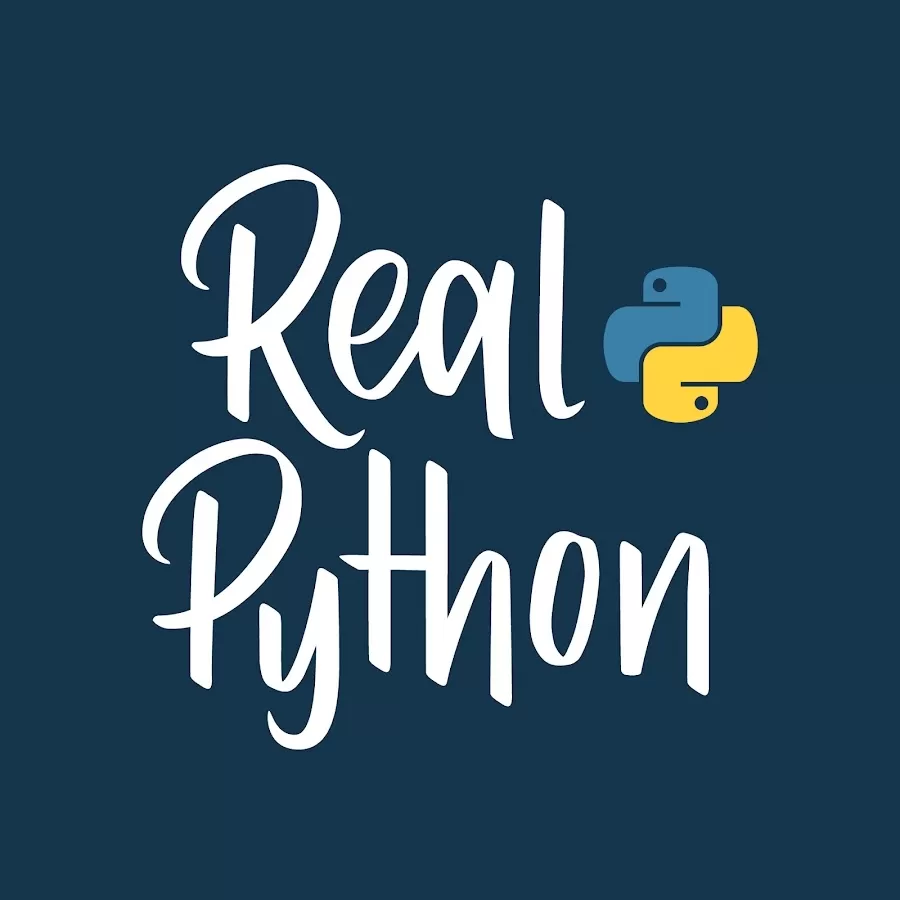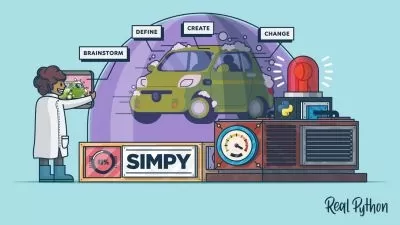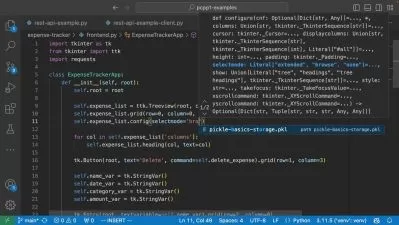Python's map() Function: Transforming Iterables
Cesar Aguilar
1:17:42
Description
Python’s map() is a built-in function that allows you to process and transform all the items in an iterable without using an explicit for loop, a technique commonly known as mapping. map() is useful when you need to apply a transformation function to each item in an iterable and transform them into a new iterable. map() is one of the tools that support a functional programming style in Python.
In this course, you’ll learn:
What You'll Learn?
- How Python’s
map()works - How to transform different types of Python iterables using
map() - How to combine
map()with other functional tools to perform more complex transformations - What tools you can use to replace
map()and make your code more Pythonic
More details
User Reviews
Rating
Cesar Aguilar
Instructor's CoursesCesar is an avid Pythonista and records video courses for Real Python. He enjoys teaching programming to anyone who listens and seeing in others their programming “eureka” moment. His first love is mathematics and teaches it to anyone who listens, and then tells them that they should also learn how to code (in Python of course!). Annoyed with the licensing circus of commercial software, Cesar started using Python in 2013 for his research in differential equations and graph theory. When not coding in Python, Cesar enjoys web development in PHP and JavaScript.

Real Python
View courses Real Python- language english
- Training sessions 9
- duration 1:17:42
- Release Date 2023/01/05











